The Clean Air Chronicles
Andrew's House

The Pollards' House
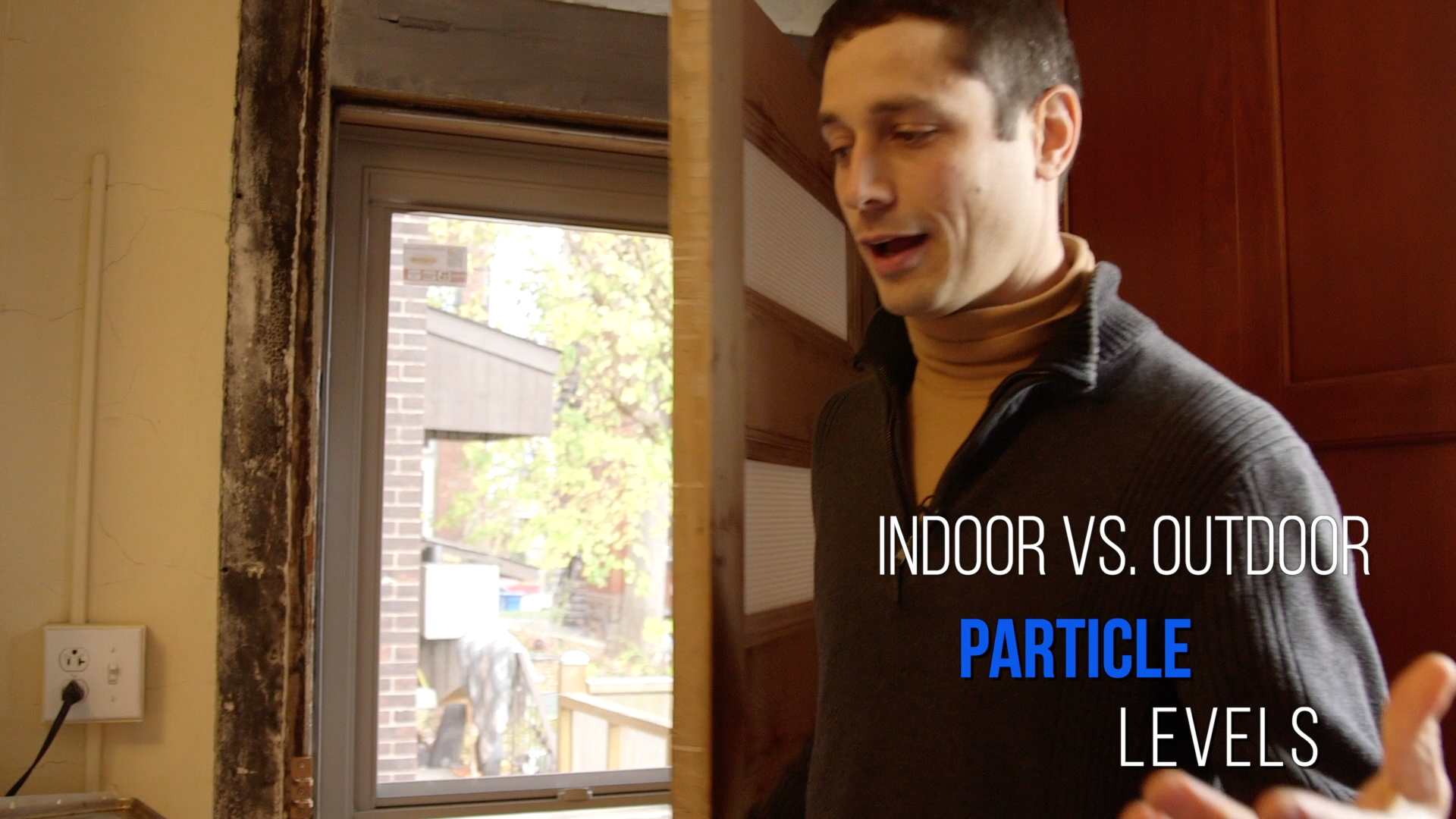
Andrew's House
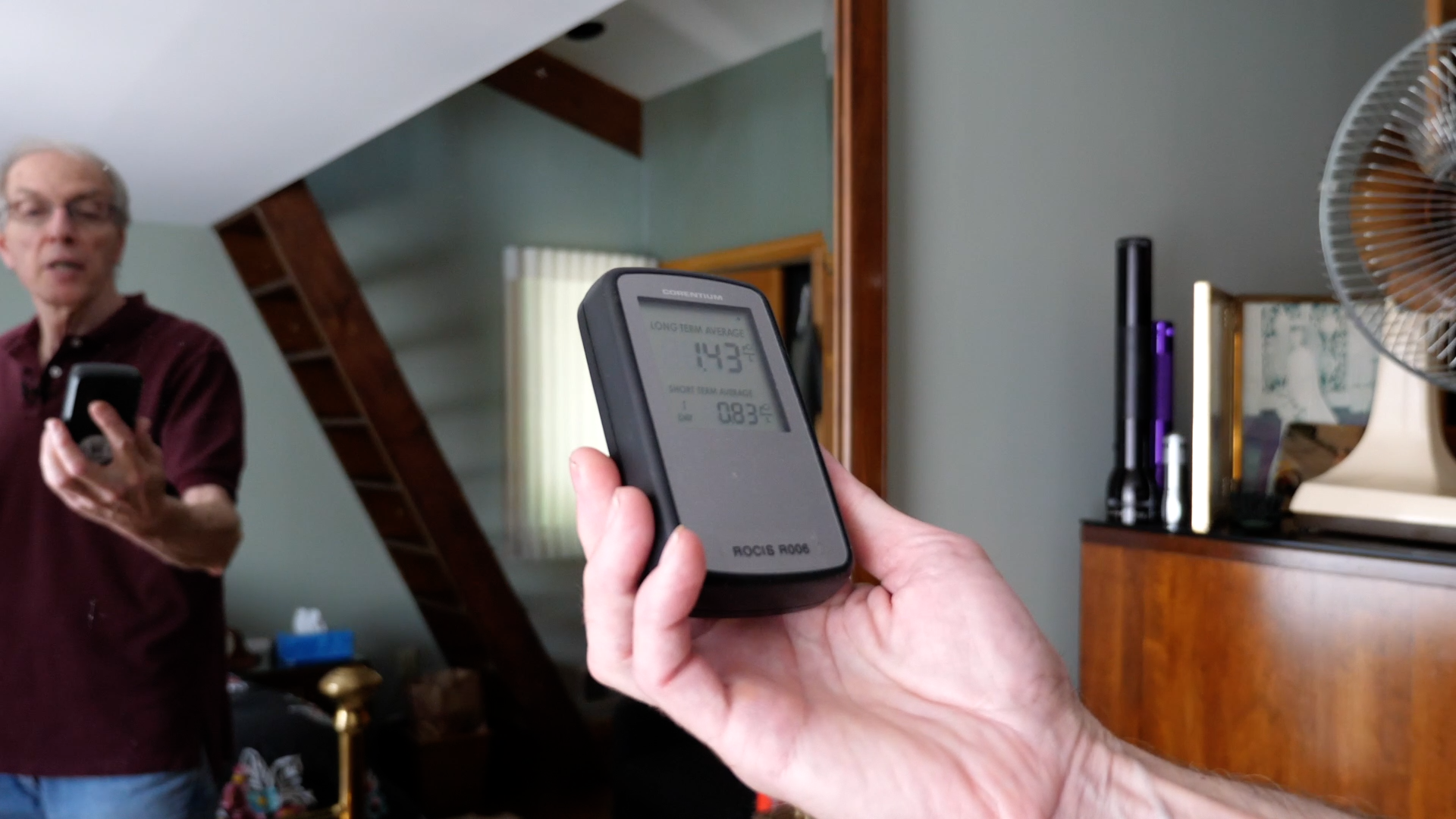
Brian and Irene's House
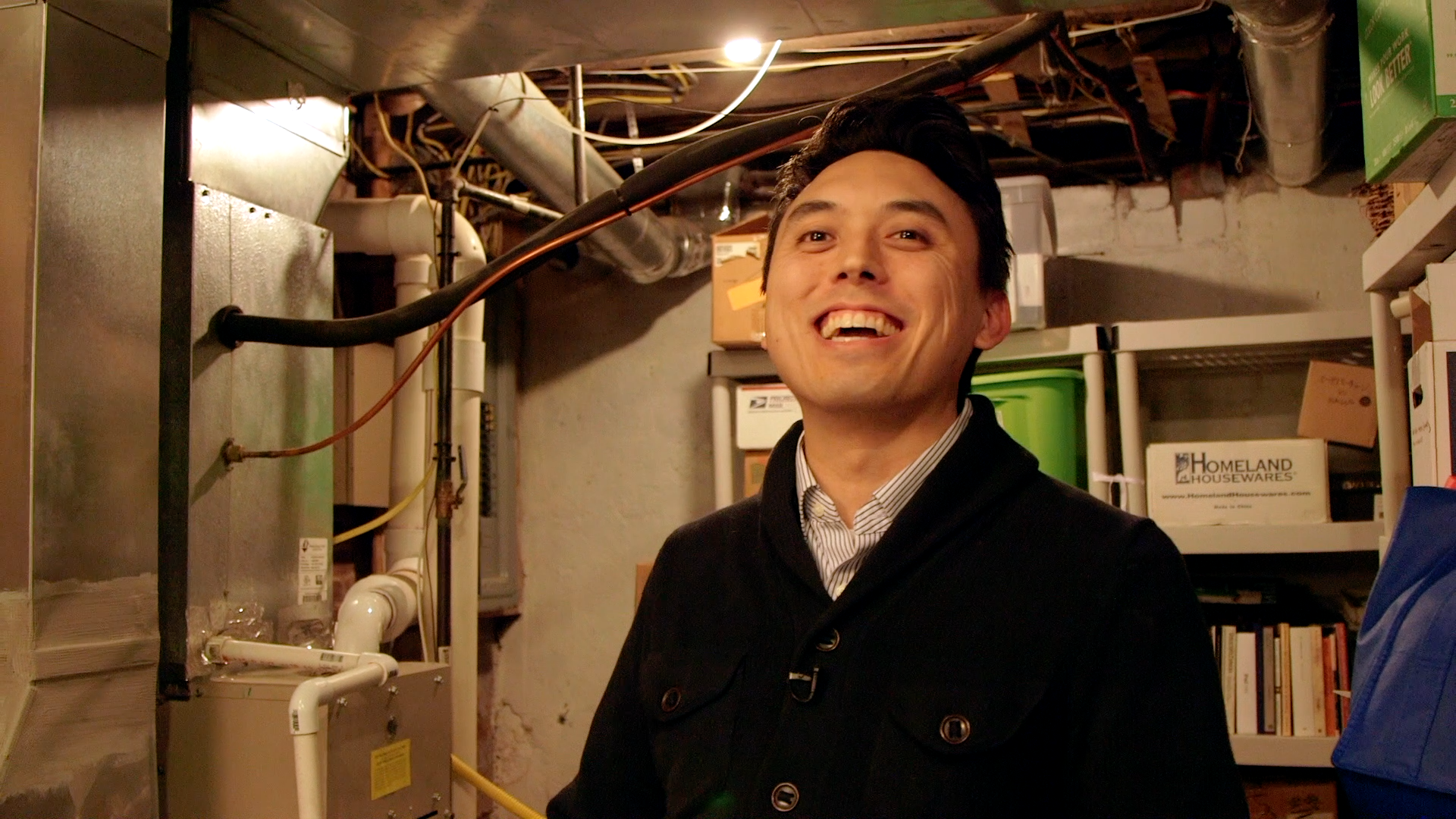
Chris's House
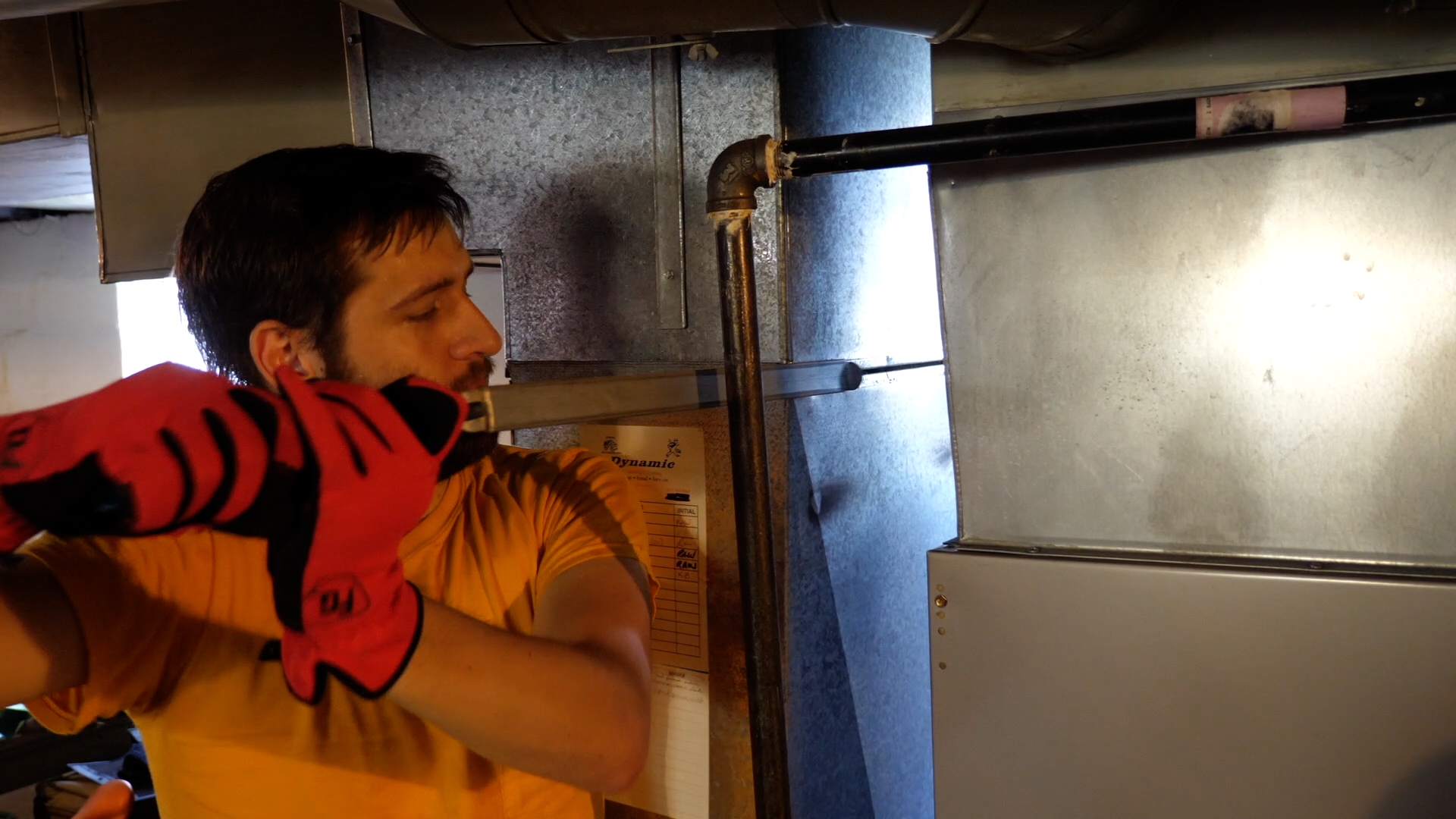
Ryan's House
Watch Andrew's story
As a participant in the first ROCIS LCMP cohort, Andrew discovered the particle levels in his home were quite high.
Over the next two years, he engaged in a series of improvements including air sealing, installing a vented range hood, and modifying his home’s air handler so it could be used for filtration.
Some of the results from these interventions are detailed below.
Intervention Summary
PROBLEM AS FOUND
-
Among the initial LCMP participants, Andrew’s house had one of the highest particle counts. There was no single contributing factor.
SOLUTION & RESULTS
-
Over the next two years, Andrew engaged in a series of improvements including air sealing, installing a vented range hood, and modifying his home’s air handler so it could be used for filtration.
-
The HVAC system modification had the greatest impact on indoor air quality.
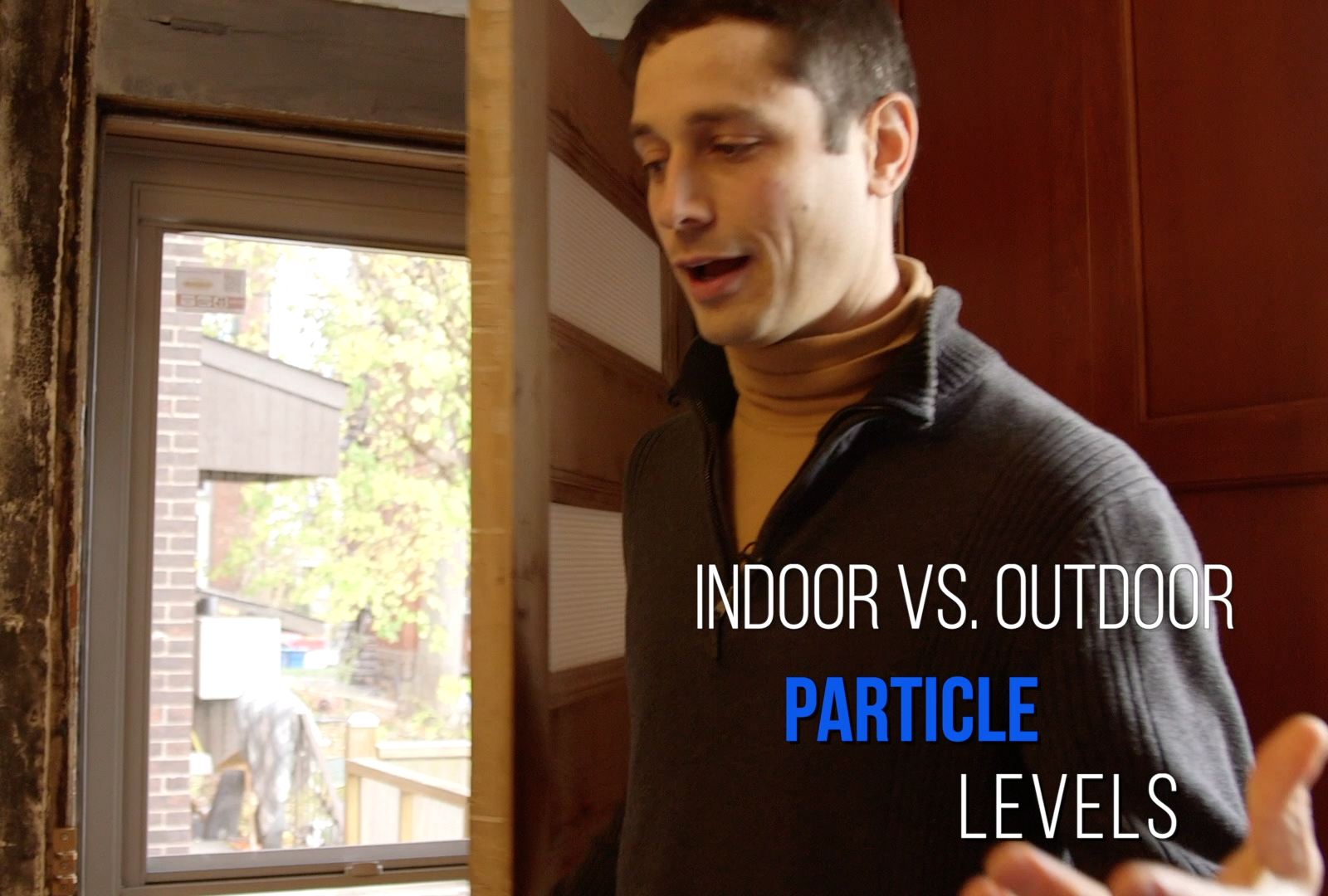
Looking for ways to reduce his family’s exposure to cooking emissions, Andrew decided to add a ducted range hood over his stove.
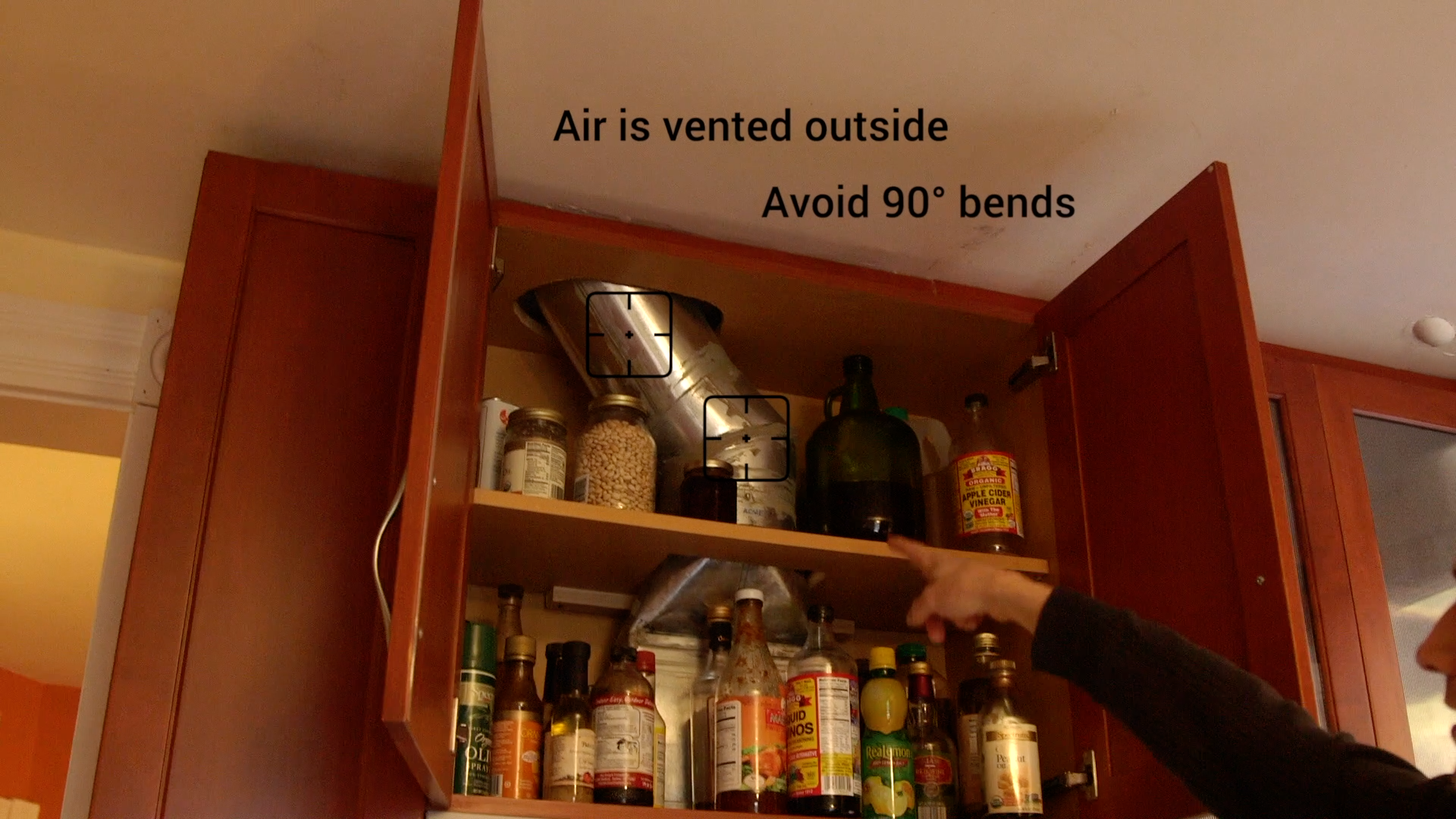
Since Andrew’s stove was against an interior wall, he had to run the ductwork through the house to reach the outdoors. He opted to do this work at the same time as other home improvement projects for minimal disruption.
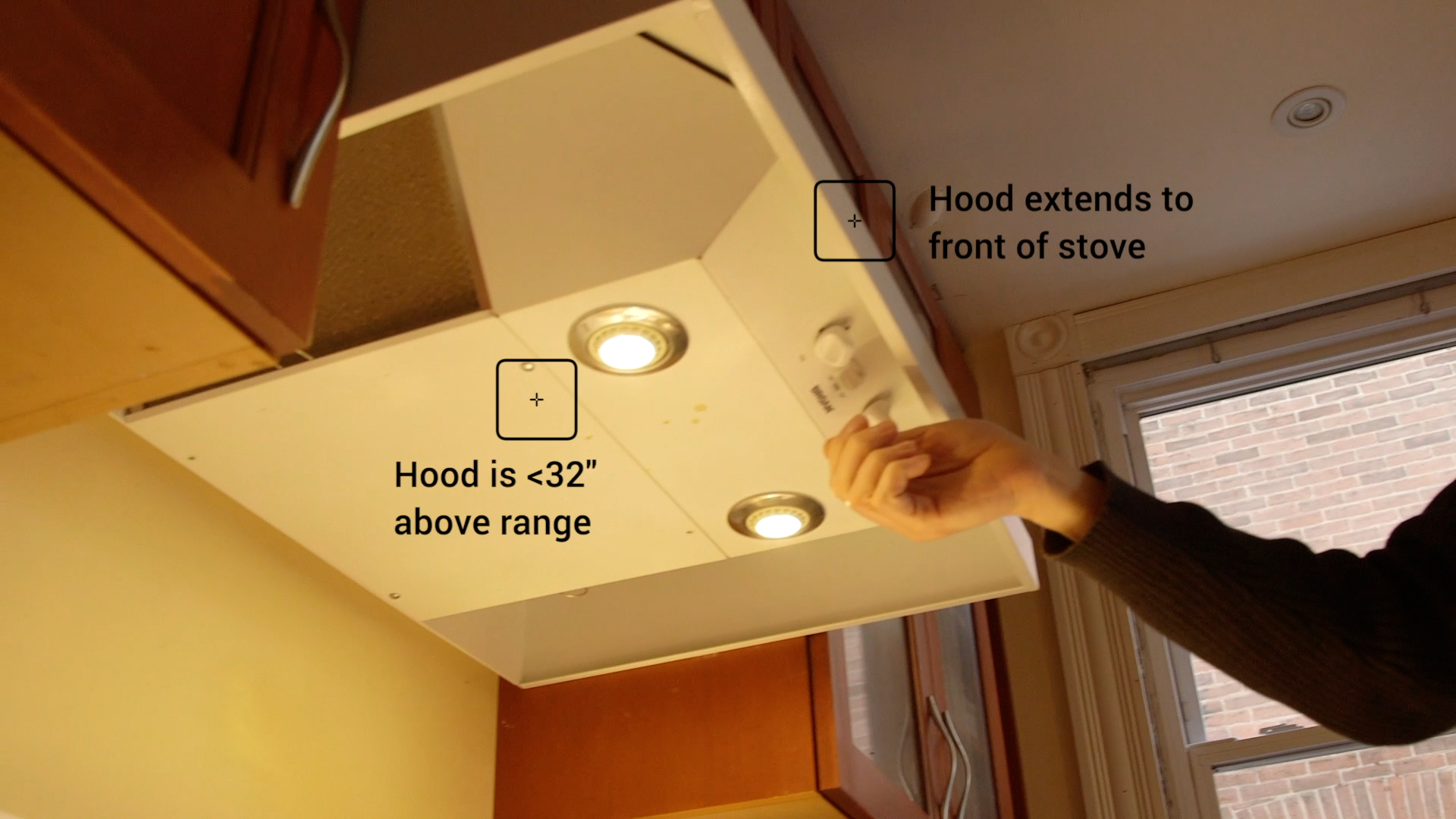
For more information about vented hoods, see the ROCIS Kitchen Range Hood recommendations.
ROCIS helped Andrew retrofit his air handler to be able to run continuously while his family was in the house. Notice the improvement in the house’s air quality after implementing the air handler intervention, moving from the poor to the very good range on the Dylos small particle scale.
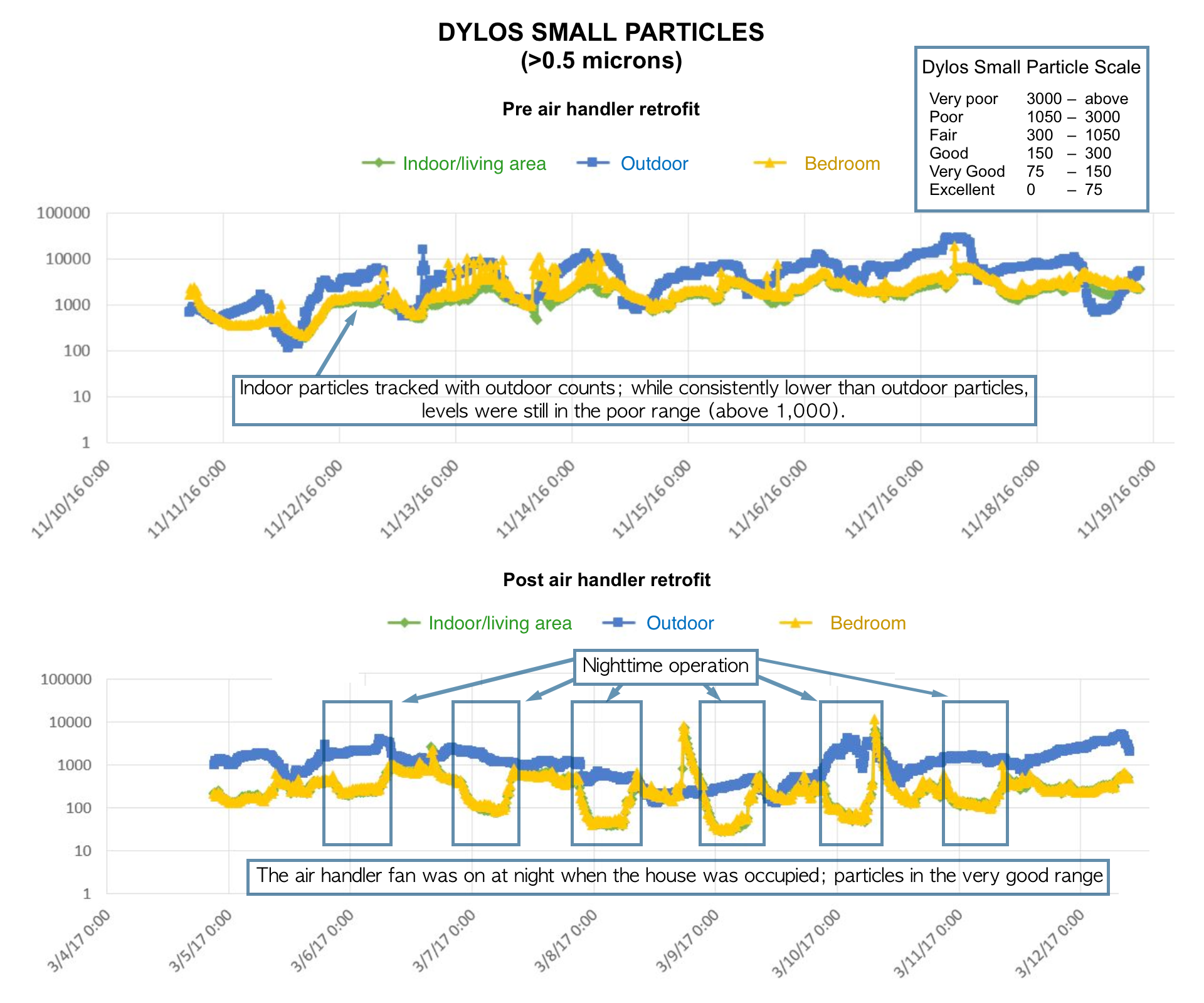
If an air handler only operates when there is a call for heating or cooling, it does not stay on long enough to truly filter the air. However, many blowers use a lot of energy when set to run continuously and can be costly to operate in this way. In Andrew’s case, 24/7 operation of his air handler would have cost $65/month. With the new ECM motor, the electricity cost was reduced to $10/month.
The chart below shows the watt-draw measurements for all of the residences in our first LCMP cohort. Andrew’s energy use went from among the highest to the lowest overall.
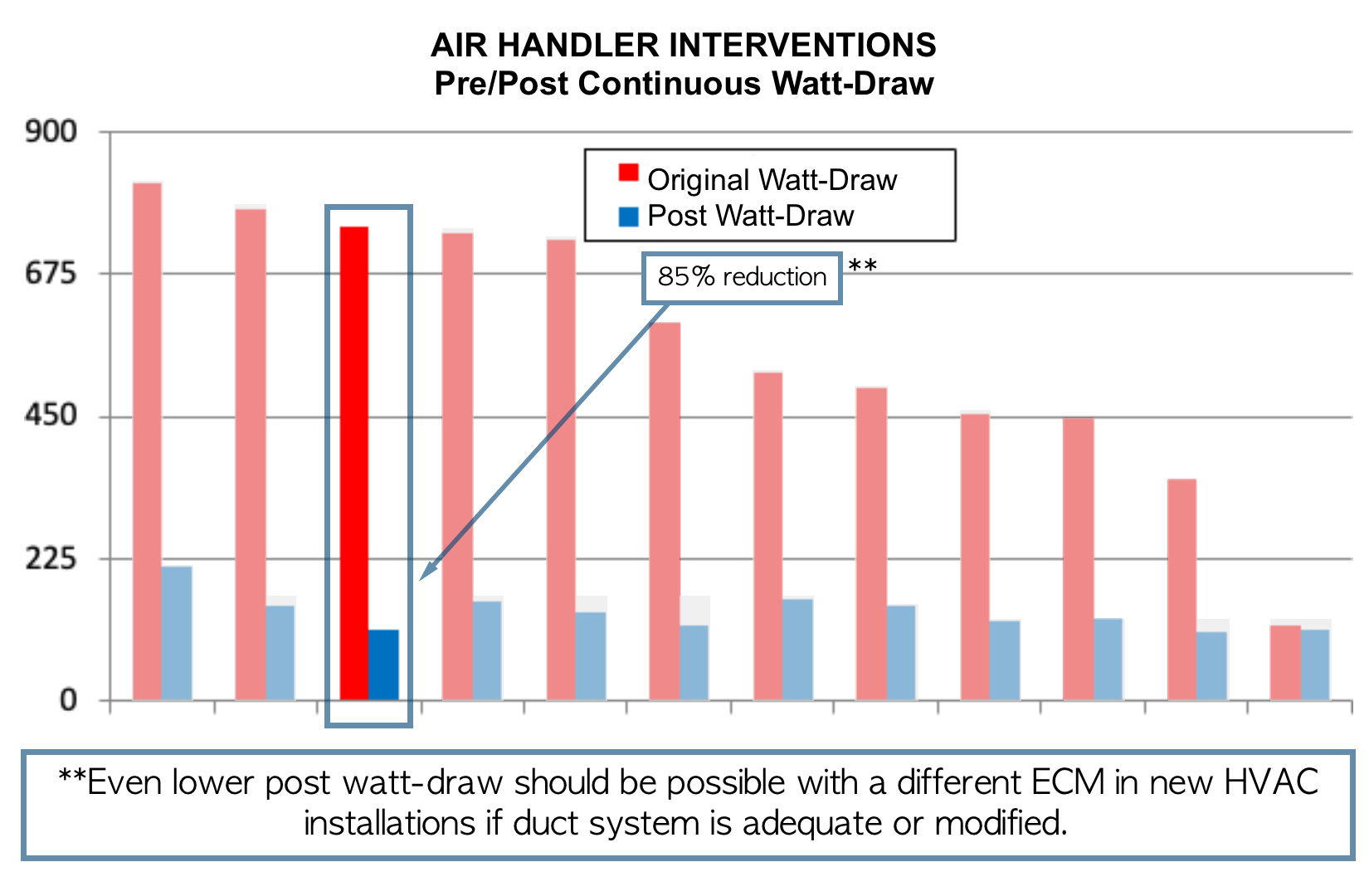
Cooking Tips
As the Pollards learned, cooking behaviors can impact indoor air quality. There are things you can do while cooking to reduce your exposure to cooking-related pollutants.
Low Cost Monitoring Project
Want to learn more about the ROCIS Low Cost Monitoring Project? Head over to our LCMP page to learn about how you can get involved with our next cohort.
Range Hood Installation
Andrew installed a kitchen range hood to reduce his family’s exposure to cooking pollution. What does it take to install an effective range hood? This useful ROCIS guide will walk you through the process.
Citizen Science: Indoor Air Monitoring
ROCIS team member Samantha Totoni walks you through the LCMP experience and the opportunities it presents to participants.
Outside/In Radio: Episode 157
LCMP participant Susan Peterson shares her experiences with Pittsburgh air quality and the ROCIS Low Cost Monitoring Project.
The Breathe Collaborative
The Breathe Collaborative is an organization dedicated to improving the air quality in Southwestern Pennsylvania. They offer a range of tools for monitoring and reporting on local air quality.
